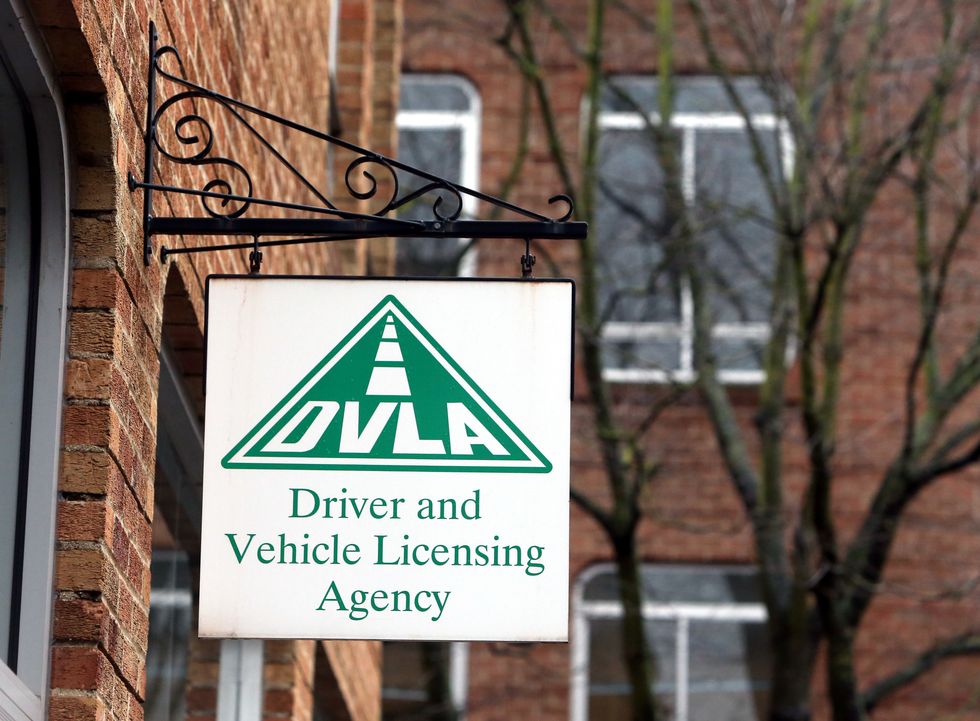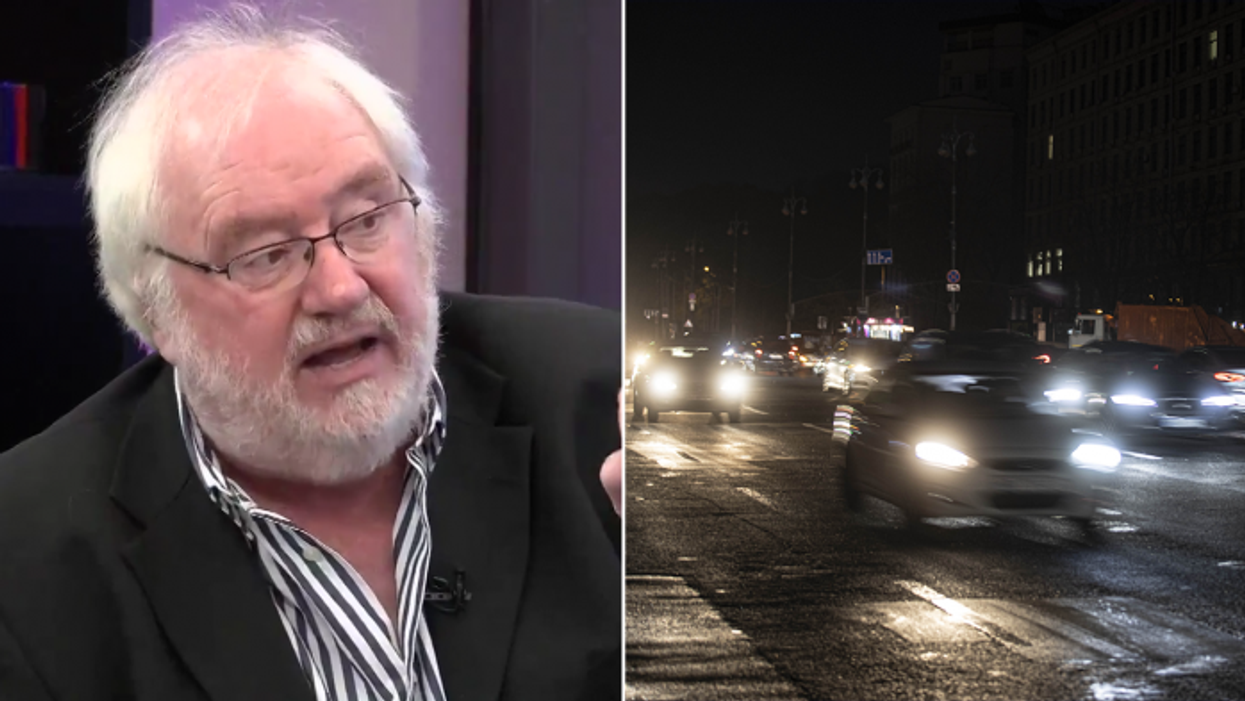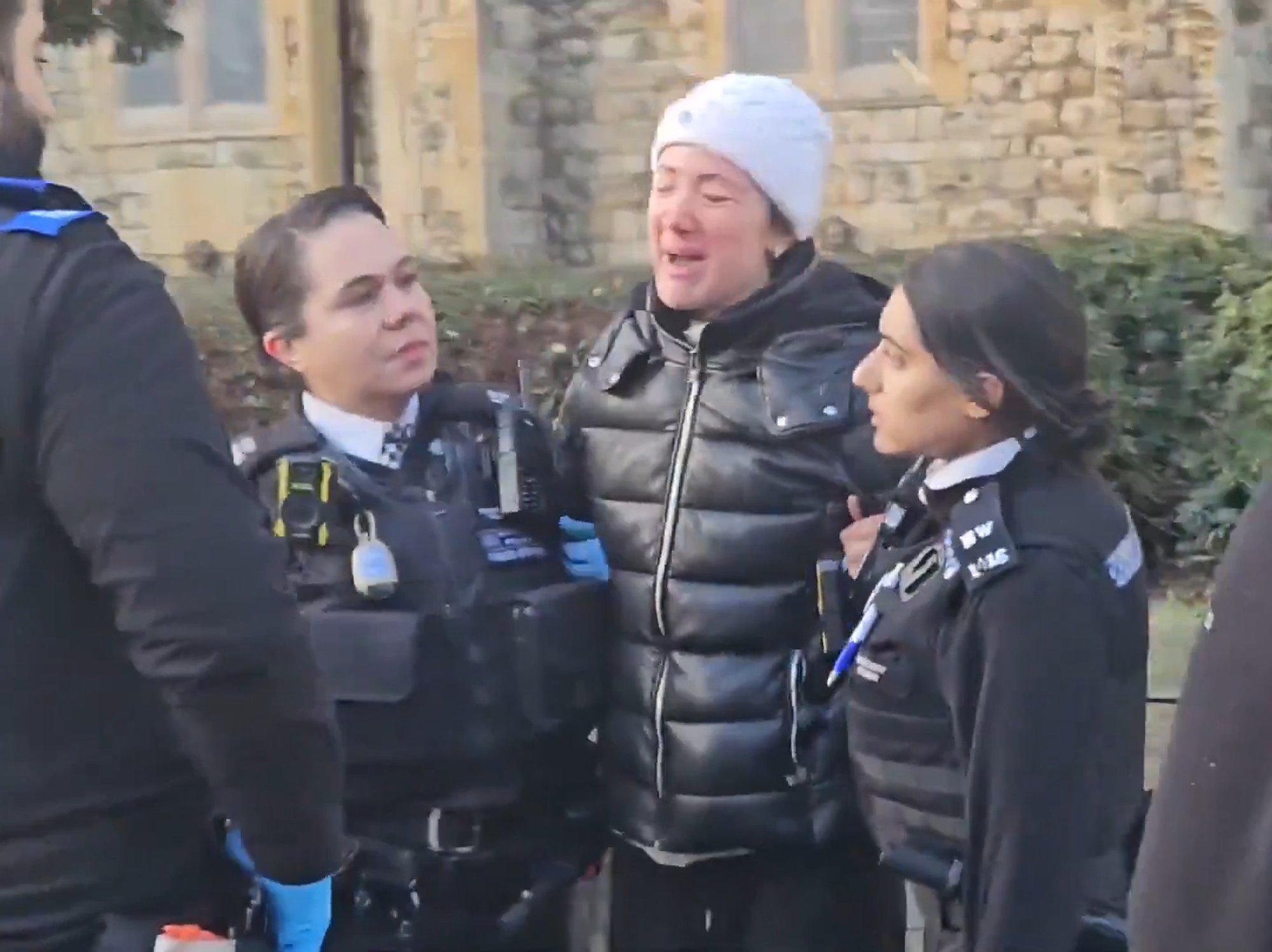Drivers issued DVLA warning of medical conditions that could see them slapped with £1,000 fine

'It is essential for individuals diagnosed with such conditions to report to the relevant authorities'
Don't Miss
Most Read
Latest
Drivers are being urged to check if they need to inform the DVLA about a medical condition or they could face a significant fine.
The GOV.UK website instructs motorists that they need to make the relevant organisations aware of any medical conditions which could affect their ability behind the wheel.
If someone has a “notifiable” medical condition or disability, or if their condition has worsened since they obtained their licence, they must tell the DVLA.
Road users can be fined up to £1,000 if they do not tell the DVLA about a medical condition that could affect their ability to drive safely.

Drivers could be hit with a £1,000 fine if they do not declare a medical condition that impacts their ability
|GETTY
They could also be prosecuted if their condition causes them to be involved in an accident on the road.
Motorists must also give up their licence if their doctor tells them to stop driving for three or more months, if their medical condition affects their ability to drive safely and lasts for three months or more, or if they do not meet the required standards for driving.
Some relatively common medical conditions fall under the category of needing to inform the DVLA with experts urging motorists to check whether they are impacted.
People with Type 2 diabetes are required to inform the DVLA about their condition if their insulin treatment lasts over three months, if they have gestational diabetes, or if they get disabling hypoglycaemia.
If someone has diabetes and is treated with tablets or non-insulin injections, they are advised to check with their doctor to find out if they need to tell the DVLA.
Motorists who suffer from sleep apnoea must also declare their “excessive sleepiness” as this could see them fall asleep when driving, heightening the likelihood of an accident.
The GOV.UK website states that people must not drive until they’re free from excessive sleepiness or until their symptoms are under control and they are following necessary treatment.
Paul Daly, director of InsureDaily.co.uk, said: “We all have a collective responsibility to make our roads safer, and acknowledging the influence of health conditions on driving abilities is a significant part of that.
“Conditions like sleep apnoea, diabetes, and labyrinthitis might initially seem unrelated to driving, but their effects can significantly compromise an individual's ability to control a vehicle safely.
“Symptoms such as sleepiness, blurred vision, delayed reaction times, dizziness, or mental distress are all potential hazards on the road.
“Therefore, it is essential for individuals diagnosed with such conditions to report to the relevant authorities.”
Other conditions which require the DVLA to be notified include eating disorders such as anorexia and bulimia.
These can often lead to nutritional deficiencies that can cause various physical and psychological symptoms.
It could contribute to an increase in fatigue, dizziness, blurred vision and a lack of concentration, all of which can severely impact someone’s ability to drive.
LATEST DEVELOPMENTS:
- Petrol and diesel drivers urged to make use of major Tesco Clubcard changes at filling stations
- Elderly drivers 'disproportionately affected' by headlight glare amid urgent calls for new motoring laws
- Driving law changes are needed to save Britain's motorists from financial ruin - analysis by Felix Reeves

Common medical conditions could require motorists to inform the DVLA
|PA
Elderly drivers are also required to tell the DVLA about notifiable conditions when they renew their licence if they are over 70 years old.
Once someone has reached this milestone age, they must renew their licence every three years, rather than every 10 years for other age groups.











